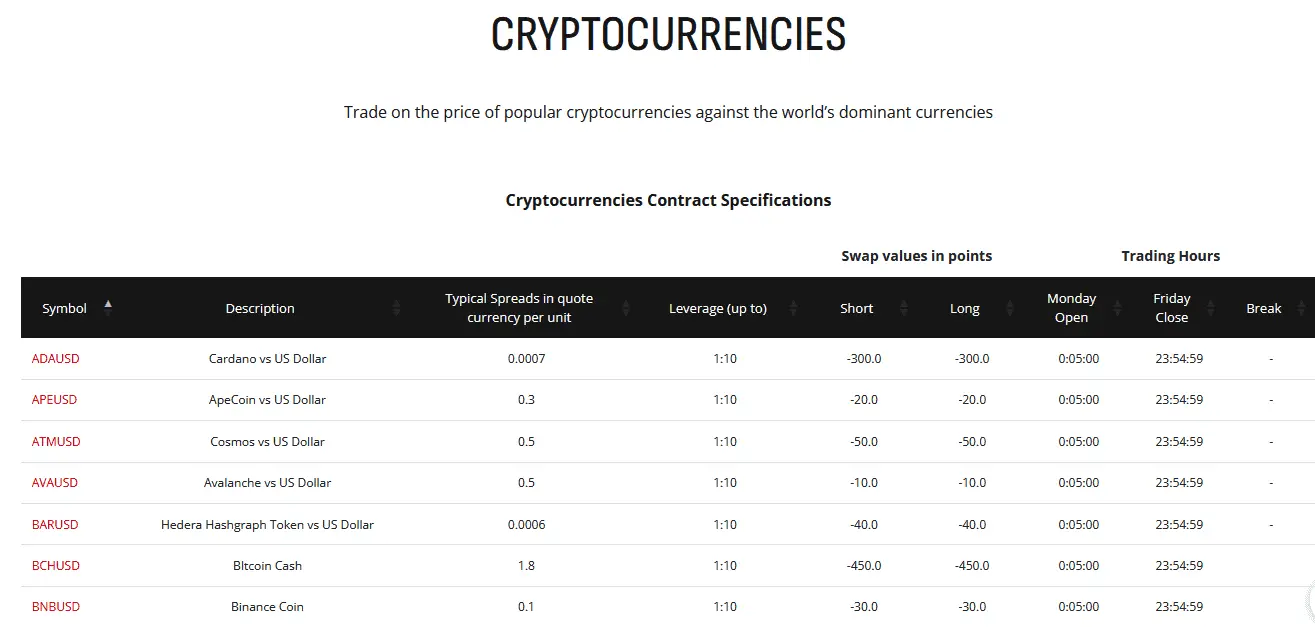Crypto trading involves buying and selling digital currencies like Bitcoin and Ethereum to profit from price fluctuations. Due to the high volatility of the crypto market, an understanding of market trends, technical analysis, and risk management is required.

The cryptocurrency market operates 24/7, unlike traditional financial markets. This means that trading can occur at any time of day or night throughout the week, including weekends and holidays. This continuous operation is due to the decentralized nature of cryptocurrencies, which aren’t tied to any central authority or physical exchange with specific operating hours.
However, individual cryptocurrency exchanges may have their maintenance periods or temporary downtimes, but these are typically communicated to users in advance and are usually brief.
While the cryptocurrency market operates 24/7, not all cryptocurrency exchanges follow this model perfectly. Some exchanges may have specific maintenance windows or periods during which their services are temporarily unavailable, affecting your ability to trade. Here’s how this can happen:
- Scheduled Maintenance: Exchanges often perform regular maintenance to update systems, implement new features, or improve security. These maintenance periods are usually planned and communicated to users, but they can temporarily prevent trading.
- Unscheduled Downtime: Occasionally, exchanges experience unexpected technical issues or outages that can temporarily temporarily halt trading. While these incidents can occur at any time, they might coincide with weekends or holidays, making it seem like trading is restricted.
- Regional Restrictions: Some exchanges may have regional restrictions or compliance issues that affect their operation during certain times or regions. For instance, a local regulatory issue might impact trading availability.
- High Traffic and Demand: During periods of high volatility or significant market events, exchanges may experience high traffic, leading to slower performance or temporary outages. This is not a closure but can temporarily impact trading.
- Operational Decisions: Some exchanges might limit specific trading activity or access during off-peak times for operational reasons, though this is less common.
To avoid issues, it’s a good idea to check an exchange’s schedule for maintenance or service updates and consider having accounts with multiple exchanges to ensure you can trade whenever you need to.
Many CFD (Contracts for Difference) brokers offering cryptocurrency trading might impose certain restrictions or limitations, even though the cryptocurrency market operates continuously. One primary reason is that some CFD brokers do not allow trading outside their specified trading hours, so they might not provide access to cryptocurrencies on weekends or during specific times.
Liquidity is another significant factor. CFD brokers may struggle to maintain sufficient liquidity. This lack of liquidity can lead brokers to limit trading hours or offer fewer trading options.
Risk management is crucial in the world of CFDs, especially with the high volatility associated with cryptocurrencies. Brokers may impose restrictions to manage risk exposure or protect traders from severe market swings.
Regulatory compliance also plays a role. Different regions have various regulations governing cryptocurrency trading, and some brokers might restrict trading in certain areas to comply with local laws and regulations.
Technical and platform limitations can further contribute to these restrictions. Not all trading platforms are designed to handle the 24/7 nature of the crypto market so that brokers might limit trading activities based on their platform’s capabilities.
Lastly, the internal policies of the brokers themselves can affect trading availability. Some brokers may have specific rules or strategies restricting cryptocurrency trading based on their business model or market conditions.
For traders, it’s essential to check the trading hours, policies, and platform features of the CFD broker to ensure they aligneir trading needs and preferences.
He is an expert in financial niche, long-term trading, and weekly technical levels.
The primary field of Igor's research is the application of machine learning in algorithmic trading.
Education: Computer Engineering and Ph.D. in machine learning.
Igor regularly publishes trading-related videos on the Fxigor Youtube channel.
To contact Igor write on:
igor@forex.in.rs
Related posts:
- When Does the USA Market Open and Close?
- When Does Forex Market Close on Friday?
- When Does the Asia Market Open and Close?
- What Time Do European Market Open and Close?
- MT4 Close All Button – Free Download Close All Positions MT4 Script
- How to Scalp Crypto? – Scalping Crypto
- What is the Best Crypto Wallet?
- Is Pi Crypto a Scam?
- Where Can I Buy Gala Crypto?
- Robinhood Crypto vs. Coinbase
- What is the Best Portfolio Tracker for Crypto?
- How to Add Crypto to MT4? – Video and Screenshots
























